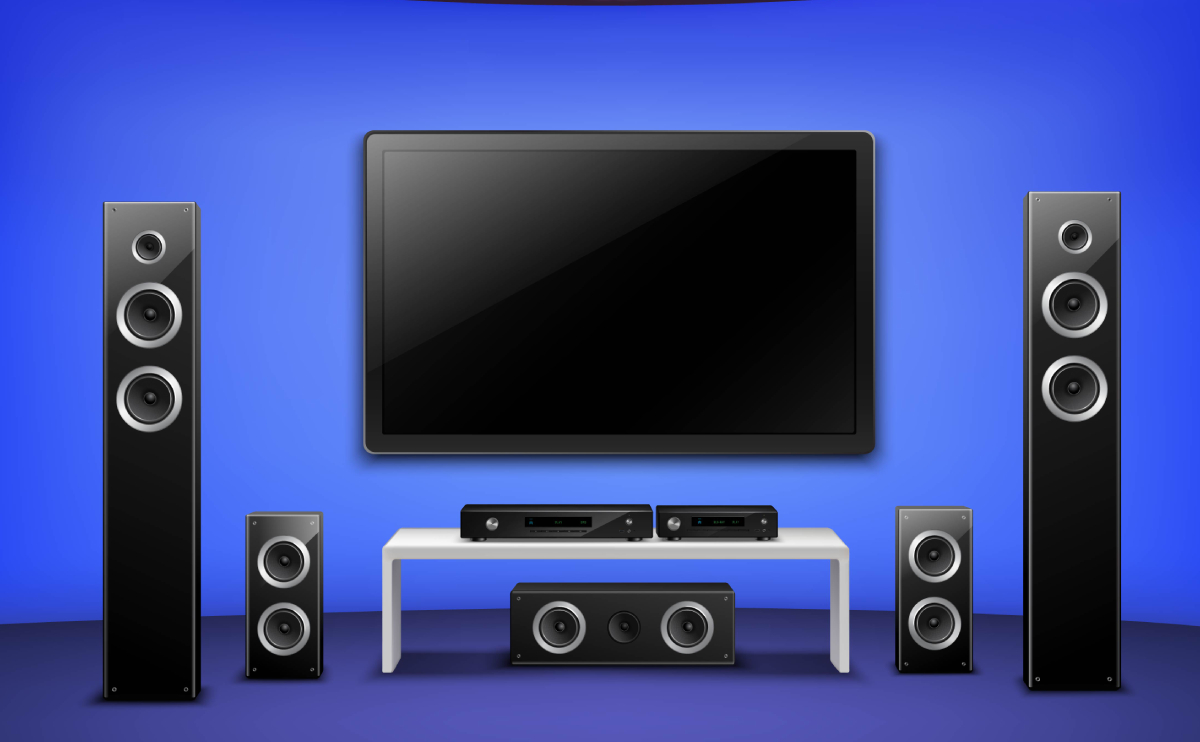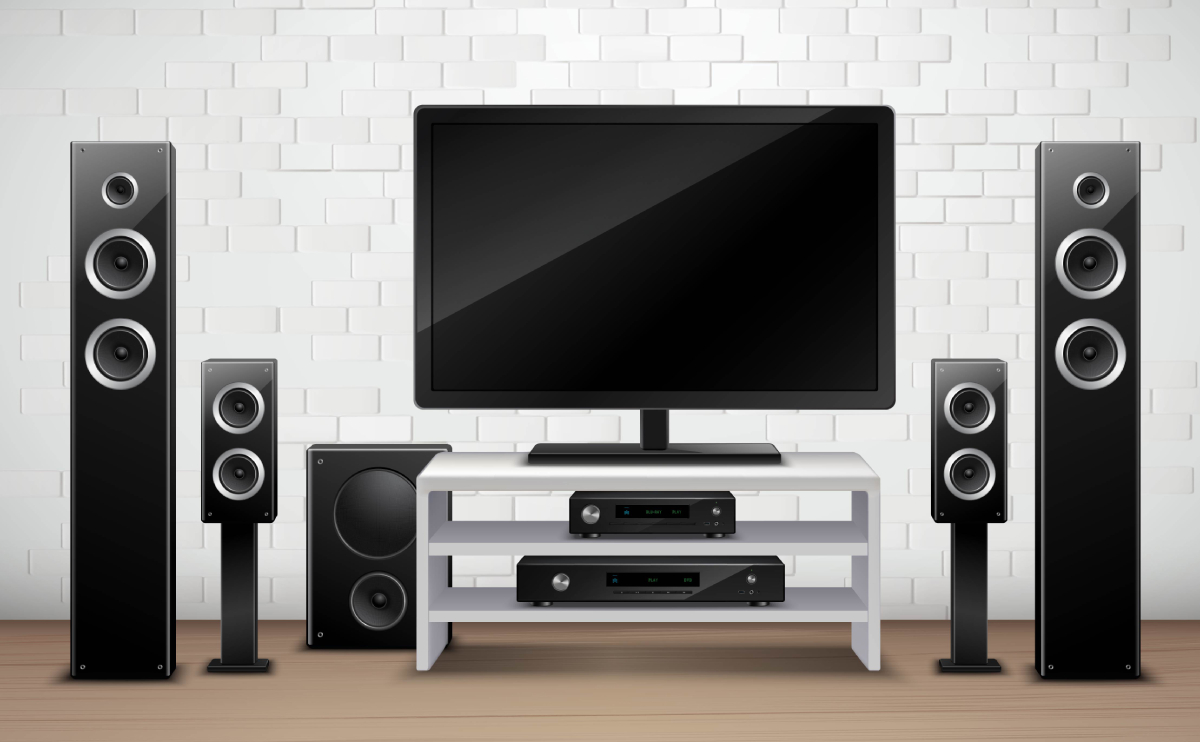Ultimate Guide to Selecting the Perfect Speaker: 25 Key Factors for the Best Sound Experience

Choosing the right speaker can transform your music, movies, and conversations. But with so many options, how do you find the best fit? This guide covers 25 essential factors that will help you pick a speaker suited to your needs. Whether you're upgrading your home theater or setting up a sound system for your room, these tips will make your decision easier.
Understanding the Basics of Speaker Technology
What Is a Speaker and How Does It Work?
A speaker turns electrical signals into sound. Inside, it has parts like a driver, cone, magnet, and coil. When you send an audio signal, the coil moves in the magnetic field. This movement pushes and pulls the cone, creating sound waves you hear. The better the components, the clearer and more balanced the sound. Understanding these basics helps you pick a speaker that suits your environment.
Types of Speakers and Their Uses
Different speakers serve different purposes:
- Bookshelf speakers: Compact, perfect for small rooms.
- Floor-standing speakers: Large, ideal for big spaces or full sound.
- Surround sound speakers: Used in home theaters.
- Satellite speakers: Small, connect to a subwoofer.
- In-wall or in-ceiling speakers: Hidden in walls, good for sleek setups.
Picking the right type depends on your room size and what you want to listen to most.
Key Parameters to Consider When Choosing a Speaker
Power Handling and Power Rating
Power handling is how much wattage a speaker can take. If you choose one with too little power, it may distort at high volume. Too much power can damage it. Match the speaker's power rating to your amplifier or receiver. For small rooms, 50-100 watts might work. Bigger spaces need more power, like 200 watts or more.
Sensitivity and Sound Pressure Level (SPL)
Sensitivity tells you how loudly a speaker can get with a certain amount of power. Higher sensitivity means louder sound without needing much power. For example, a speaker with 90 dB sensitivity makes loud sound with less wattage. If your room is big, look for high sensitivity speakers to fill it with sound easily.
Frequency Response Range
Frequency response shows the range of sounds a speaker can produce, from bass to treble. A wider range means more detailed sound. For music and movies, look for speakers that can handle from 20 Hz (deep bass) to 20,000 Hz (treble). This range ensures you hear all parts of the sound spectrum clearly.
Advanced Factors Influencing Speaker Performance
Impedance and Compatibility
Impedance measures electrical resistance, shown in ohms. Most home speakers are 8 ohms or 6 ohms. Match the impedance with your amplifier to avoid damage. Using a speaker with too low impedance might overload your system. Always verify compatibility before buying.
Speaker Materials and Build Quality
Materials impact sound quality and durability. For drivers, common materials are paper, plastic, or metal. Cabinets can be made of wood, MDF, or composite. Good materials reduce resonance and distortion. For example, a well-built cabinet minimizes vibrations, giving you cleaner sound.
Total Harmonic Distortion (THD)
THD indicates how much the sound is colored or changed from the original. Lower THD means cleaner, more accurate sound. A good speaker should have less than 1-2% THD for clear audio. This is especially important for music enthusiasts and audio professionals.
Investment and Room Considerations
Cost vs. Performance: Finding the Right Balance
Setting a budget is key. Higher-priced speakers often deliver better sound and longevity. But even affordable models can work well if they match your space. Consider your needs and strike a balance between cost and quality. Think of it like buying shoes—spend enough for comfort and durability.
Room Size and Acoustics
Room size and layout affect how speakers sound. Large rooms need powerful, larger speakers. Small rooms benefit from smaller, efficient speakers. Furniture and curtains also absorb sound, affecting clarity. Experiment with speaker placement: keep them at ear level and avoid corners for better sound.
Power Efficiency and Micro Units
Power efficiency tells you how well a speaker converts power into sound. Efficient speakers save electricity and run cooler. Micro units, or tiny drivers, offer precise sound reproduction. They’re useful for detail in speech or small spaces, but for bass-heavy music, larger drivers are better.
Practical Tips for Making the Right Choice
Comparing Specifications Effectively
Don't just look at numbers. Read reviews, watch demos, and compare similar models side by side. Use online tools to check how specs translate to real-world performance. A speaker with high sensitivity and a wide frequency range is usually a good pick.
Importance of Demo and Testing
Always listen before buying. If possible, test in a store or at home. Play your favorite songs or movies to judge clarity, bass, and overall feel. Proper testing helps you avoid surprises after purchase.
Maintenance and Upkeep
Keep speakers clean and dust-free. Avoid excessive volume to prevent damage. Check connections regularly and replace worn-out cables. Proper care extends your speaker’s life and keeps sound quality high.
Industry Trends and Expert Tips
Audio pros suggest prioritizing sound clarity and room fit over flashy features. Wireless and Bluetooth speakers are popular now, offering convenience. Smart speakers with voice control are growing fast. Staying updated with new designs helps you invest wisely.
Conclusion
Picking the right speaker involves weighing many factors. Remember these 25 points—power handling, sensitivity, frequency response, impedance, and more. Focus on what fits your space, budget, and listening habits. Take your time testing different models and don’t rush the decision. A good speaker setup makes a huge difference in your daily entertainment.
Ready to Improve Your Sound?
Subscribe to get more expert advice on audio gear and tech tips. Compare different brands, read reviews, and find the perfect speaker for your needs. Share this guide with friends who are looking for better sound. The right speaker can change how you enjoy music, movies, and conversations. Start your journey to perfect sound today!

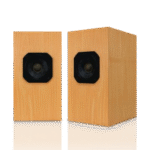 Sub Woofers
Sub Woofers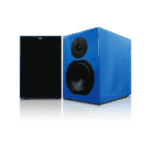 Bookshelf Speakers
Bookshelf Speakers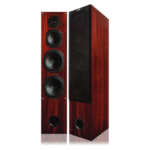 3 Way Tower Speakers
3 Way Tower Speakers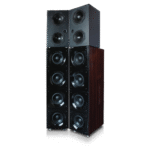 4 Way Tower Speakers
4 Way Tower Speakers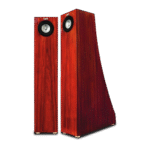 Full Range Speakers
Full Range Speakers